Join our village of 468 donors
$134,477 deployed into projects we care about
Diasporans pooling capital to fund local-led projects across Africa.
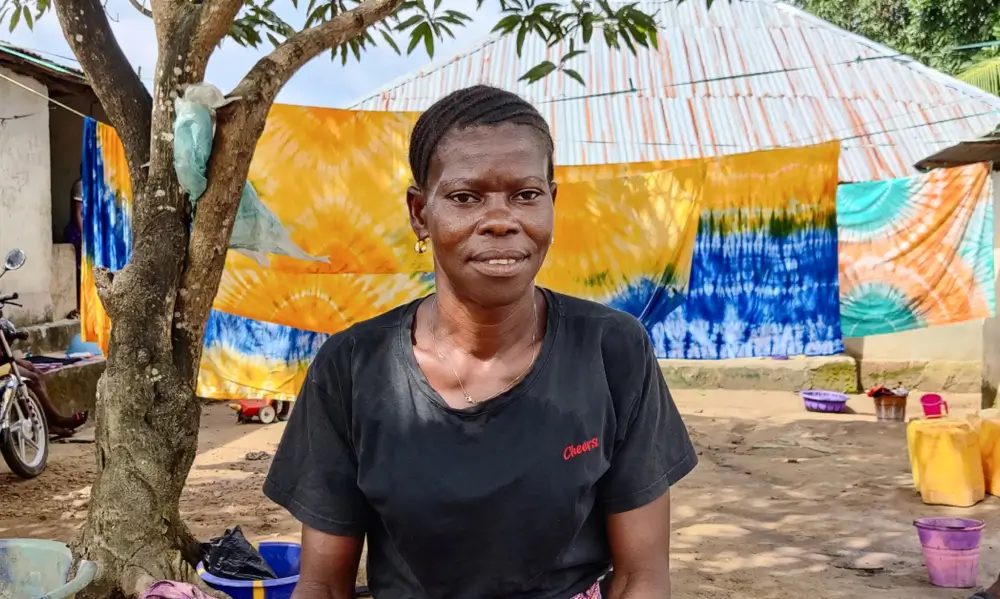
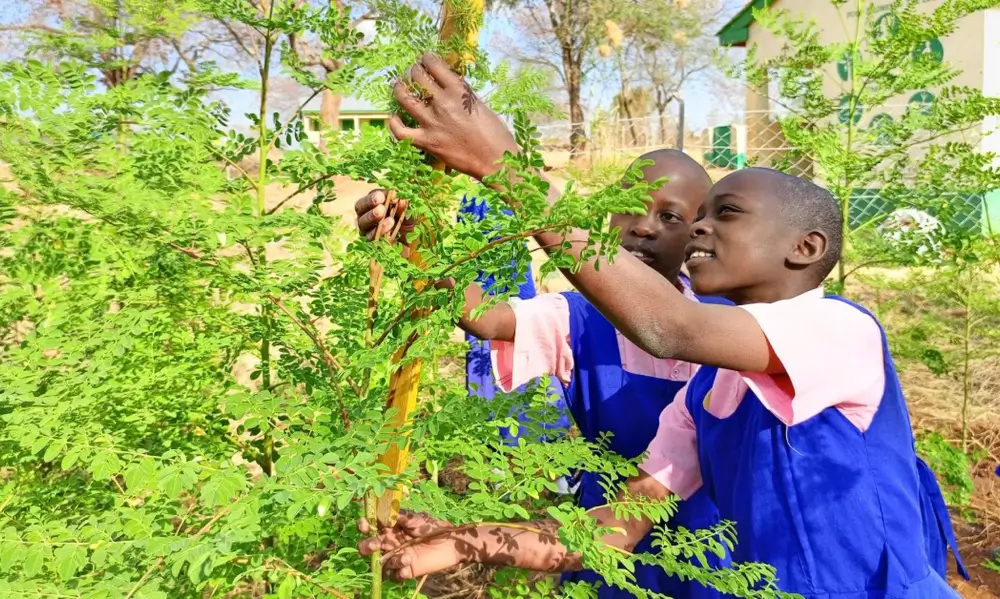

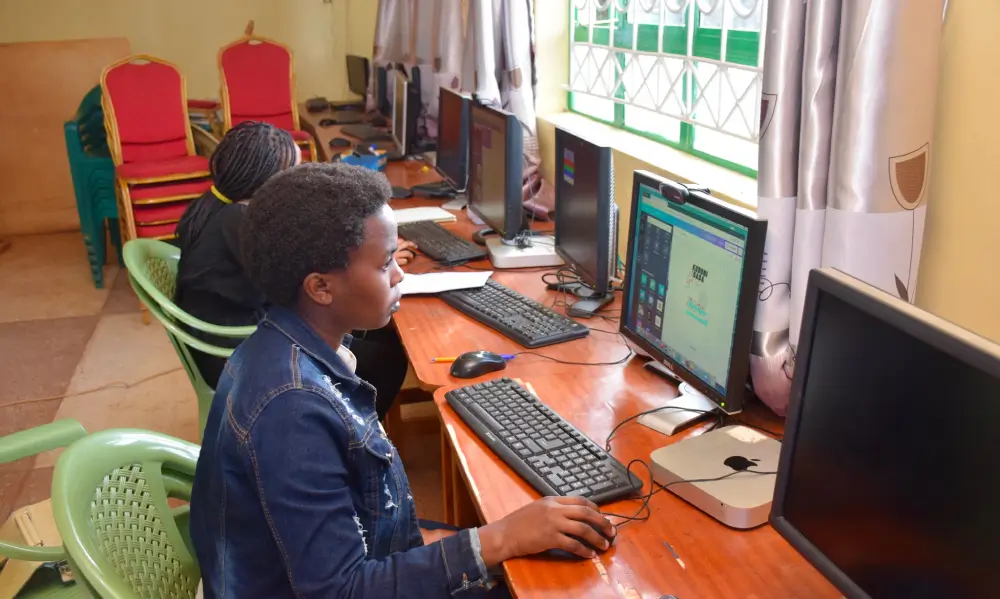
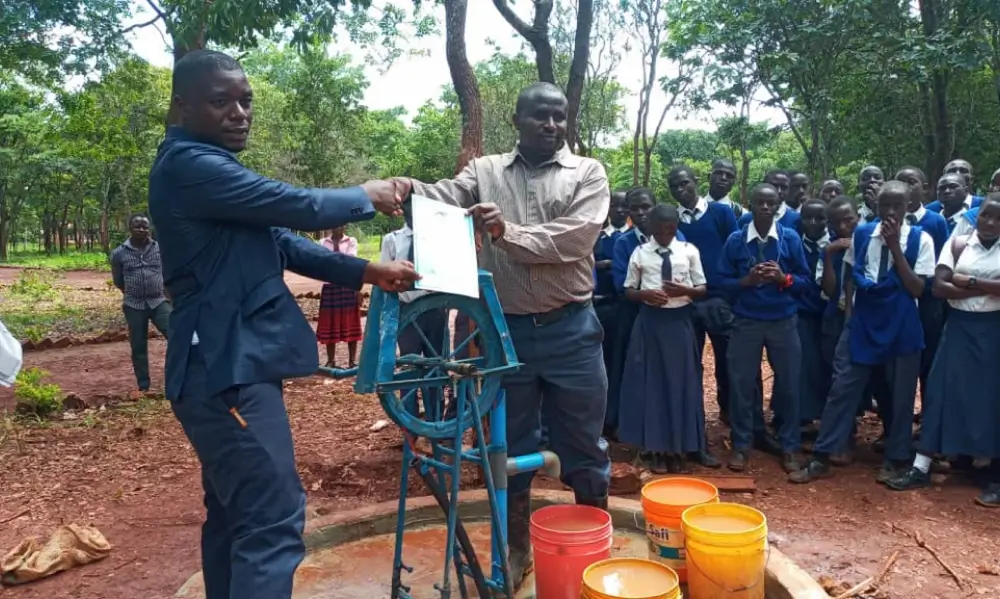
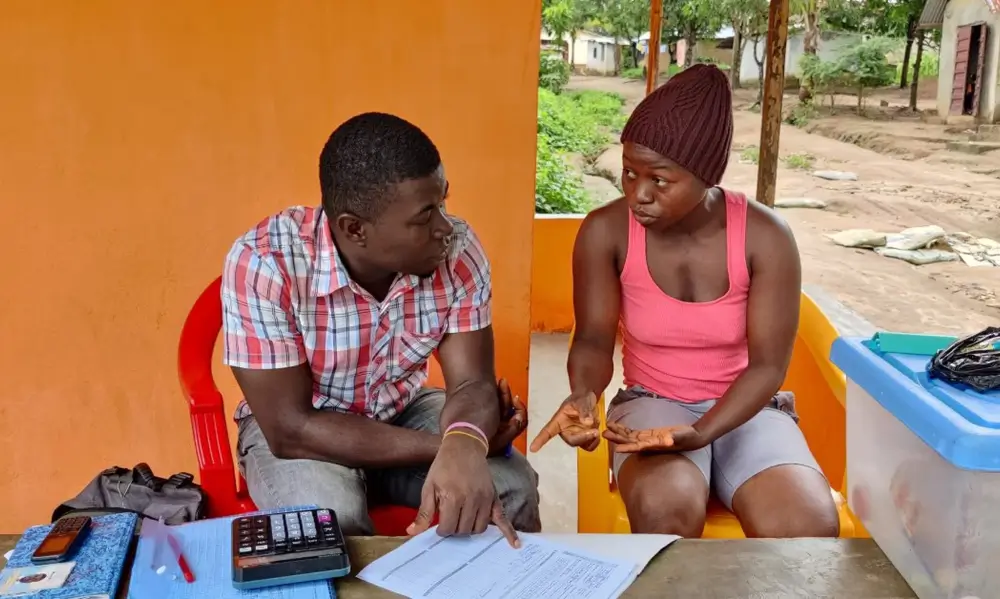
🇸🇱 Sierra Leone
Alfina used her loan from Kwanda to support her food business in Sierra Leone.
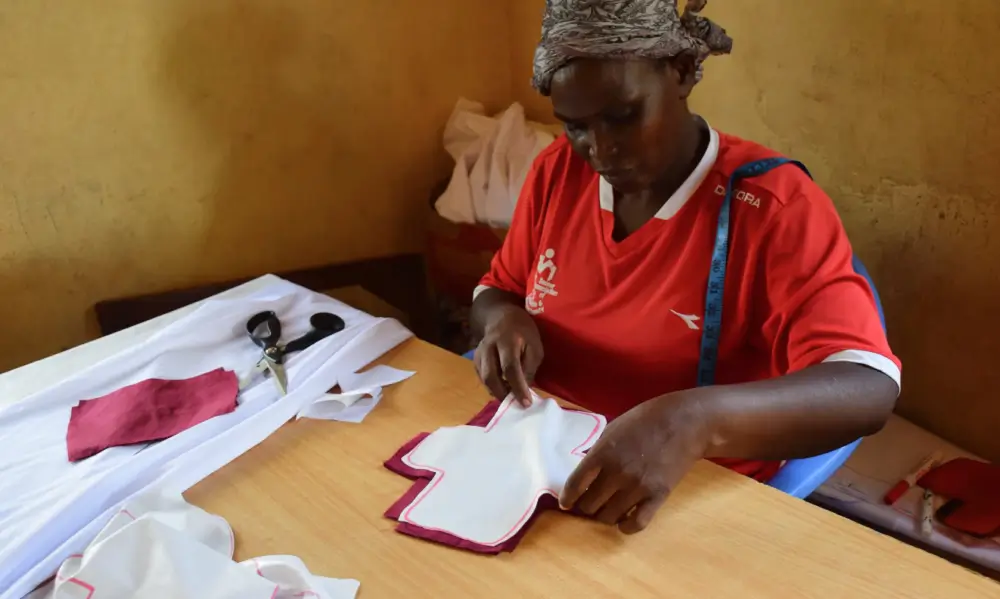
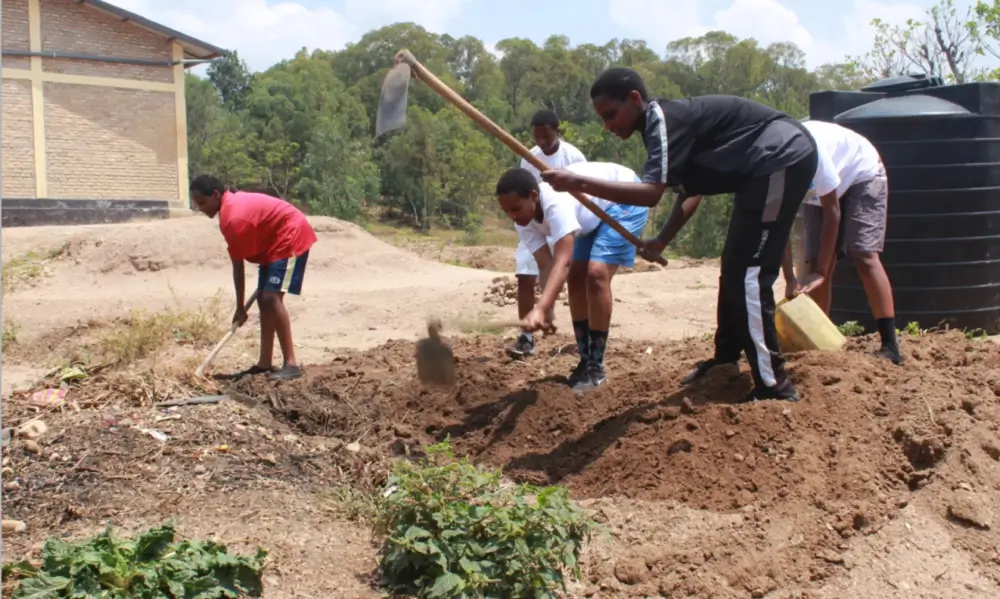
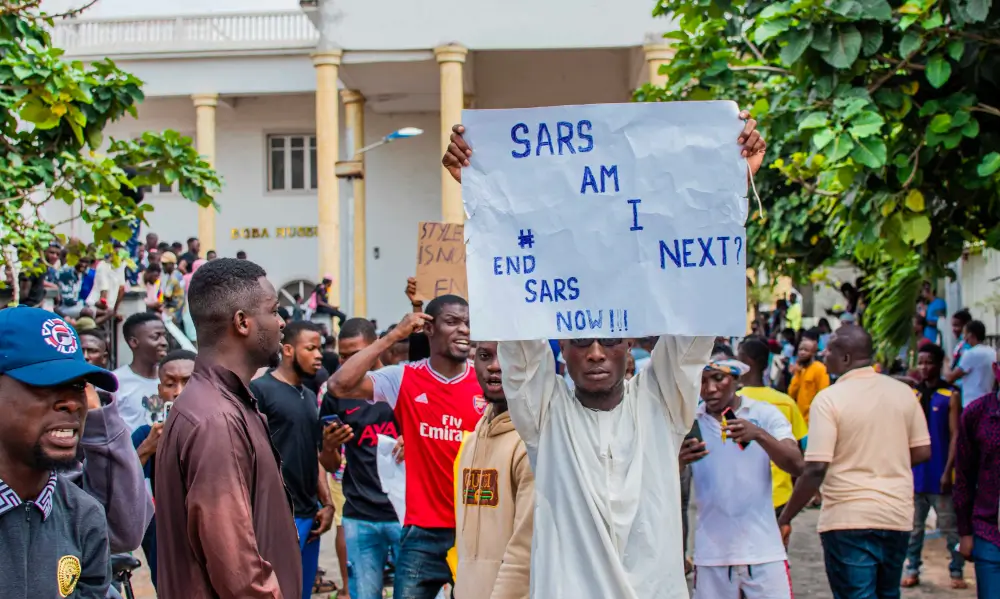
🇳🇬 Nigeria
We donated $6,260 to support peaceful protests against police brutality in Nigeria
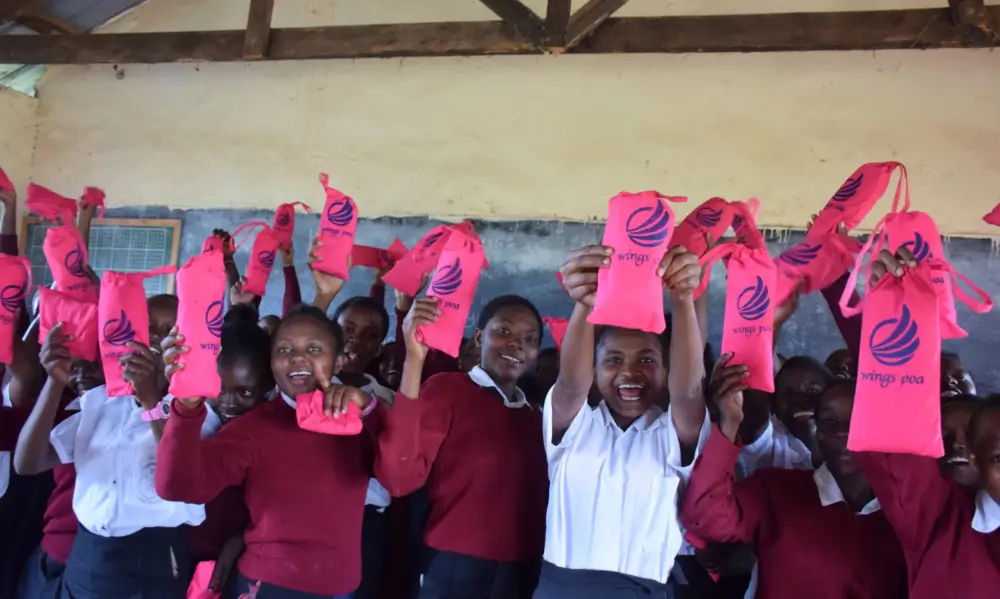






🇸🇱 Sierra Leone
Alfina used her loan from Kwanda to support her food business in Sierra Leone.



🇳🇬 Nigeria
We donated $6,260 to support peaceful protests against police brutality in Nigeria

Join the village
Rated excellent on Trustpilot
Based on 71 reviews
How Kwanda
works
Step 1 - Join our village
Start giving a monthly pledge (minimum is $5).
You’ll be providing access to education for children, capital for innovators and more.
Start givingStep 2 - Get voting rights
You’ll be issued your voting rights, which you’ll use to decide which investments we
make and which projects we fund.
Join the villageStep 3 - Track your impact
You’ll get direct access to all our impact and financial data, and get updates on each
project we fund, as well as our team’s work.
Make an impactGet started
Already a villager? Sign in



